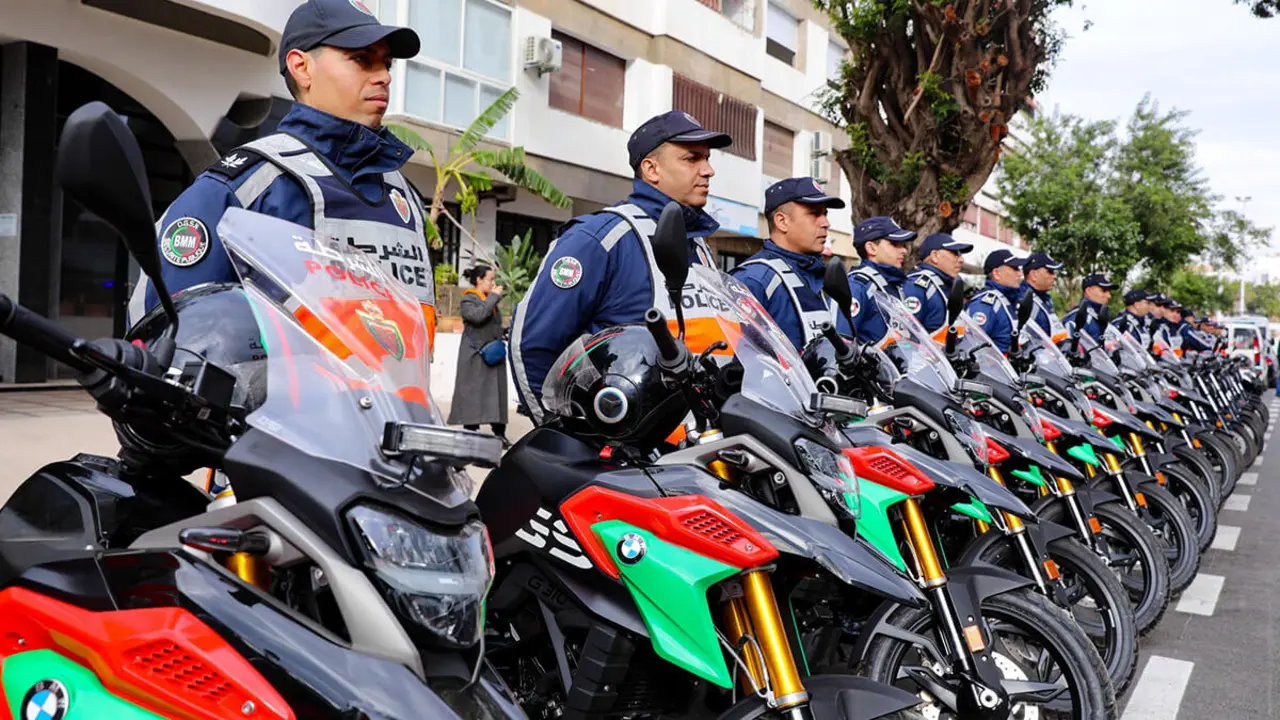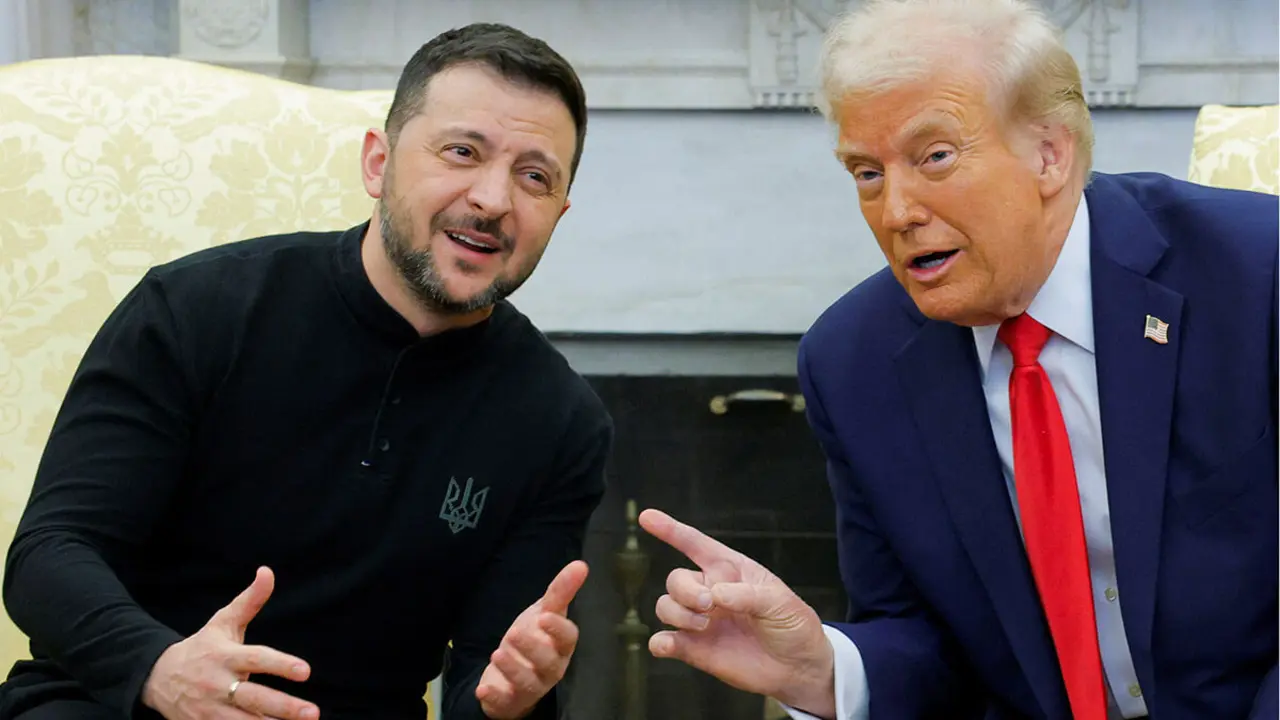Mali's transitional president and the dissolution of the transitional military junta

The National Committee for Popular Health (CNSP) was created in Mali after the August 2020 coup d'état. President Bah N'Daw decreed the dissolution of this military junta on 18 January, although the information has only been known for a few days. After the dissolution of the junta, President N'Daw was received at the Elysée Palace by Emmanuel Macron.

According to the constitution established by the transitional military junta when it came to power, it should have been dissolved when the transitional governing bodies were formed. These bodies include the transitional government, headed by Bah N'Daw as president and Assimi Goïta as vice-president, who were appointed in September, and the National Transitional Council (CNT), the body that exercises the functions of the legislature, which was formed in December last year.

Although the dissolution of the military junta is a matter of time, the international community, particularly ECOWAS, is concerned that the CNT has still not been dissolved by early January. Although the junta was dissolved a few days later, many of its members have been integrated into different organs of the transitional government. For example, Colonel Goïta, who was previously the head of the CNSP, is now the president in charge of security and defence. There are other examples among the military officers who led the coup, all of whom are in positions of power in this theoretically civilian government. In addition to this high level in Bamako, other military officers have been placed as governors of certain regions of Mali. These positions were previously occupied mainly by civilians and were theoretically to be filled by decision-makers chosen by political representatives, as indicated in the December 2020 report on the implementation of the 2015 peace and reconciliation agreements published by the Carter Center's Independent Observer. After the coup, ECOWAS called on the Malian government to hold elections within 14 months. Once the junta is dissolved, the Malian government will have to call elections and hold them before the end of this year, although it is estimated that due to the delays of the pandemic, they will most likely take place by 2022.

In addition to these political challenges, Mali faces a serious security problem. Despite the presence of many international forces, such as the G5 Sahel, the French operation Barkhane, EU and UN training operations, the number of jihadist groups and attacks has increased over the last eight years, stretching from northern Mali to the whole country, with attacks on the borders of Côte d'Ivoire and as far as Senegal. In contrast, the Liptako Gourma region, on the border between Niger and Burkina Faso, has the highest concentration of jihadist activity in the entire Sahel. Since the eruption of jihadism in central Mali, there has also been an increase in inter-community violence between the different ethnic groups that coexist in the region.

The G5 Sahel summit will be held in N'Djamena on 15-16 February. At the last summit in Pau, Emanuel Macron increased the number of troops on the ground from 4,500 to 5,100, with a large part of these efforts going to the Lipkato Gourma region. Since French Defence Minister Florence Parly announced that the number of troops on the ground would be reduced, there has been speculation about what will happen at the upcoming summit next week. President Bah N'Daw's visit to France reaffirms France's continued commitment to strengthening security and increasing stability in the country. Still, in addition to jihadism, Mali faces a crisis of social cohesion, the ravages of the pandemic and a complicated post-coup transition.









